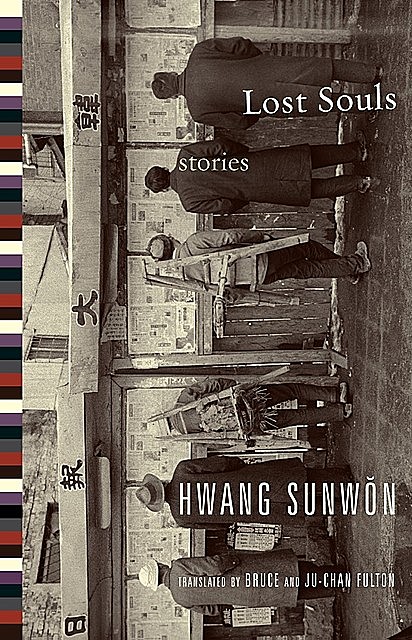These captivating short stories portray three major periods in modern Korean history: the forces of colonial modernity during the late 1930s; the postcolonial struggle to rebuild society after four decades of oppression, emasculation, and cultural exile (1945 to 1950); and the attempt to reconstruct a shattered land and a traumatized nation after the Korean War.
Lost Souls echoes the exceptional work of China's Shen Congwen and Japan's Kawabata Yasunari. Modernist narratives set in the metropolises of Tokyo and Pyongyang alternate with starkly realistic portraits of rural life. Surrealist tales suggest the unsettling sensation of colonial domination, while stories of the outcast embody the thrill and terror of independence and survival in a land dominated by tradition and devastated by war.
Written during the chaos of 1945, “Booze” recounts a fight between Koreans for control of a former Japanese-owned distillery. “Toad” relates the suffering created by hundreds of thousands of returning refugees, and stories from the 1950s confront the catastrophes of the Korean War and the problematic desire for autonomy. Visceral and versatile, Lost Souls is a classic work on the possibilities of transition that showcases the innovation and craftsmanship of a consummateand widely celebratedstoryteller.

